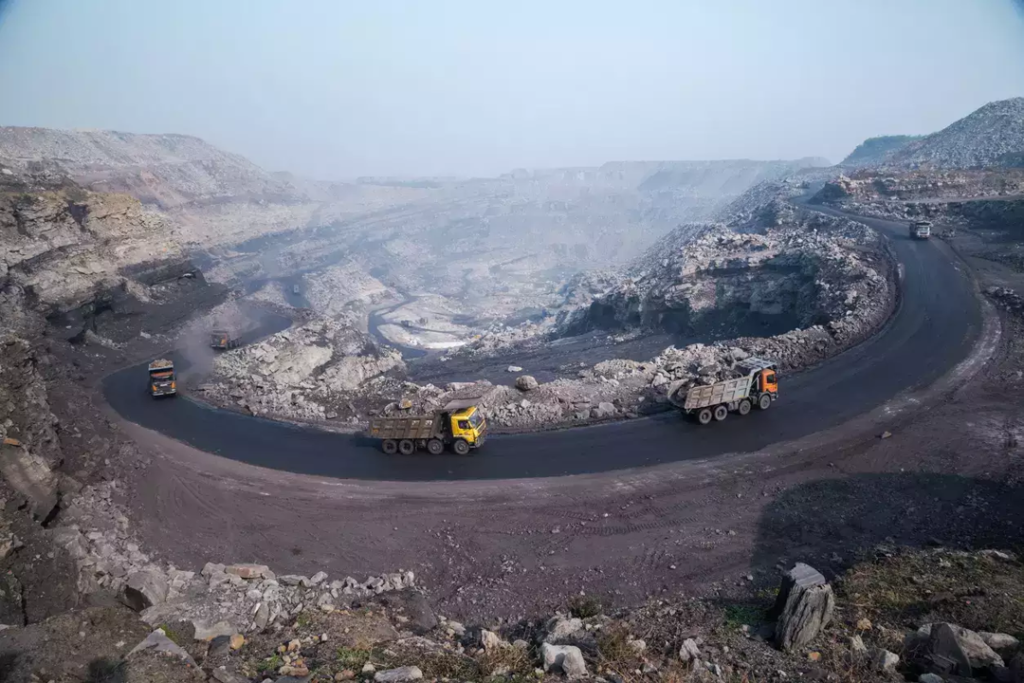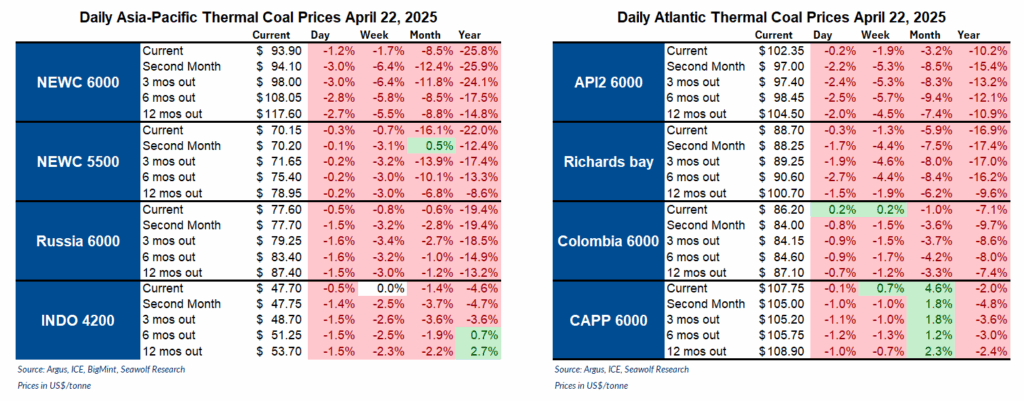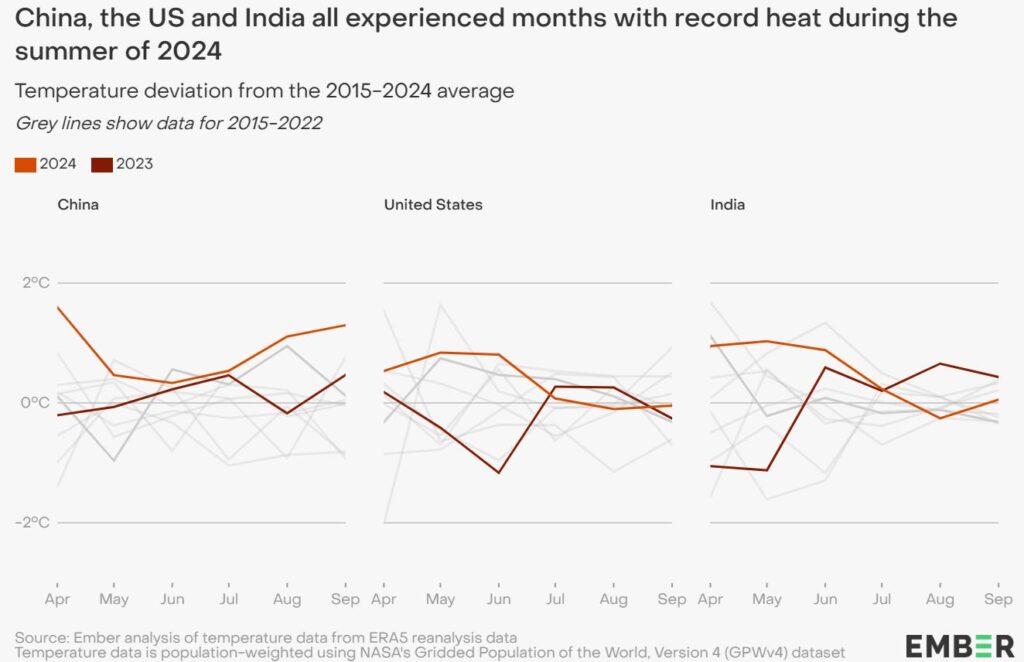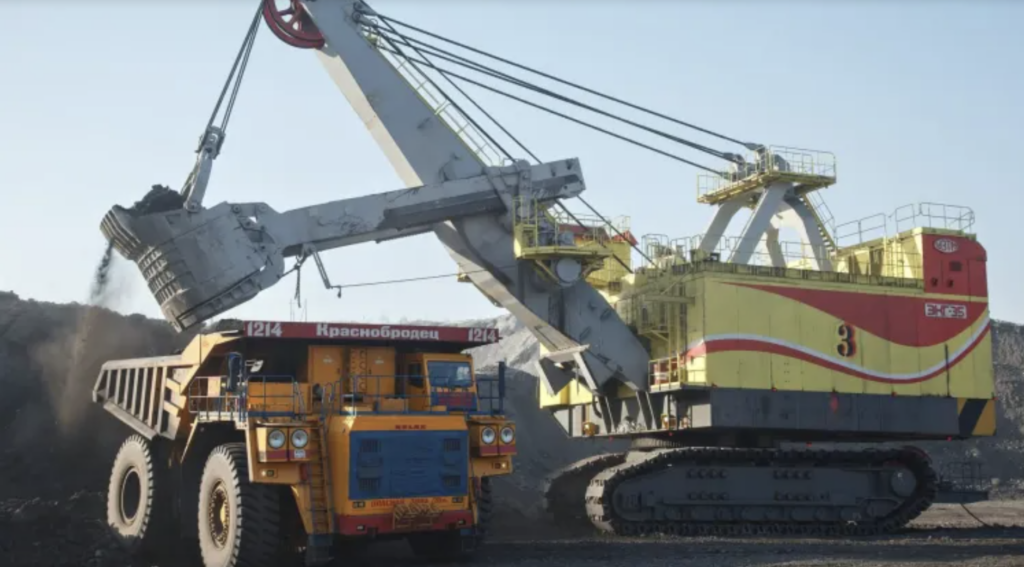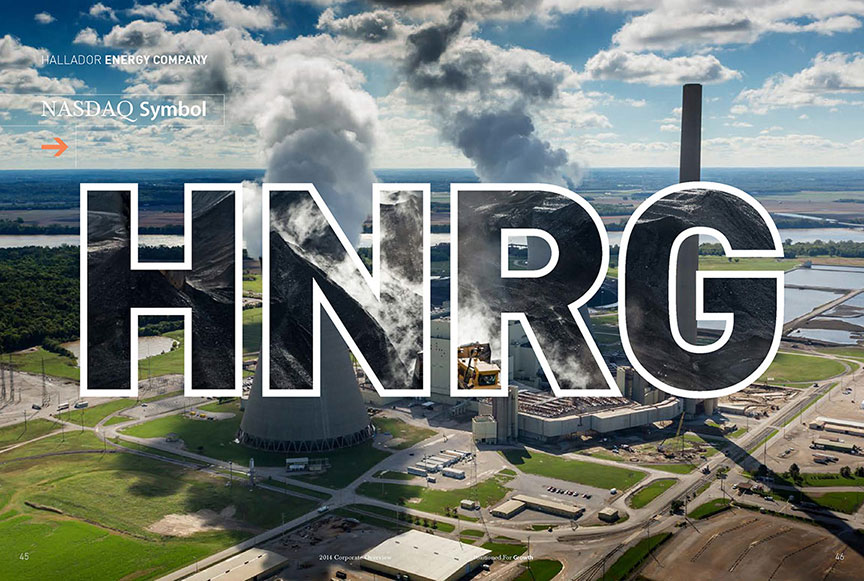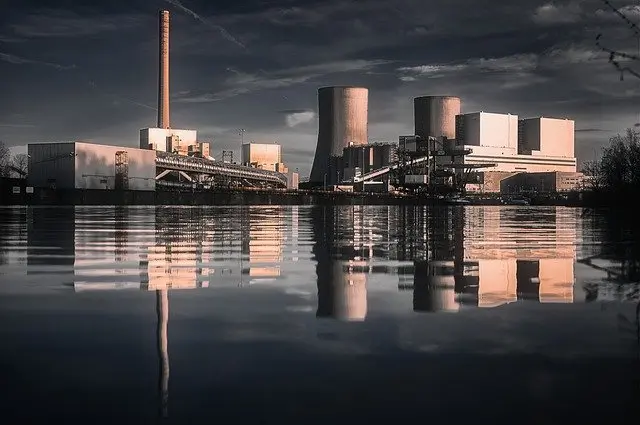India needs to add thermal coal-based power generation capacity of 80 GW against the 27 GW currently under construction as the peak power demand in the country would spike to 335 GW by 2030 from 241 GW at present, Union Power Minister R K Singh said on Tuesday. Singh presided over a review meeting on thermal power capacity addition in the country where independent power producers and state-owned generators NTPC, SJVN, NHPC, DVC, THDCIL, and NLCIL participated virtually and in physical mode on Tuesday.
Besides energy secretaries of 13 major states were also invited for deliberations. Addressing the review meeting, Singh said India’s peak power demand would touch 335 GW in 2029-30 from the present level of 241 GW.
Peak power demand had touched all-time high of 241 GW in September, reflecting rise in electricity consumption in the country with expansion of economic activities as well as per capita usage. The minister said India needs 80 GW of coal-based thermal power generation capacity to be build against 27 GW under construction at present. He was of the view that the renewable energy capacity addition alone cannot help meet the rising electricity demand in the country that has already peaked at an all-time high of 241 GW.
India has set an ambitious target of having 500 GW of renewable energy capacity by 2030. The minister said unless storage is viable and scalable, coal (based power generation) cannot be ignored. Therefore, power demand in India requires coal-based thermal power capacity addition in the country to avoid outages, he said.
He said “the hypocrisy around renewable energy propagated by developed countries stands exposed and the West, which is itself dependent on 75 per cent fossil fuels, cannot lecture us”.
He pointed out that India’s per capita emission is the lowest in the world.
As per the latest report of the Central Electricity Authority (CEA) for October, India’s installed generation capacity is about 425 GW, including around 179 GW renewable energy and large hydro electric plants.

